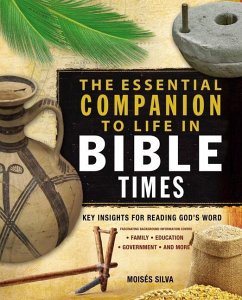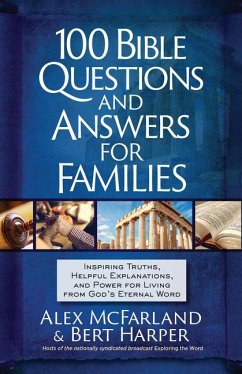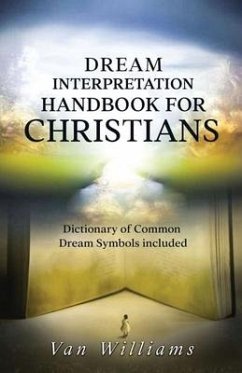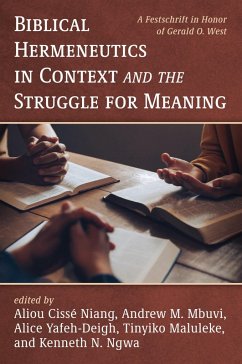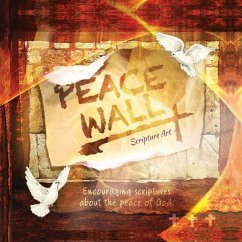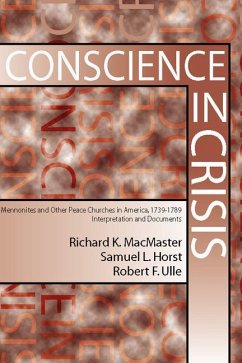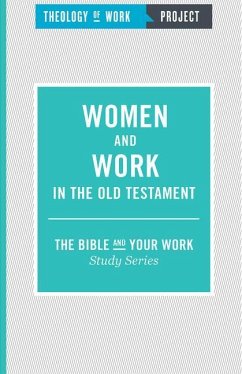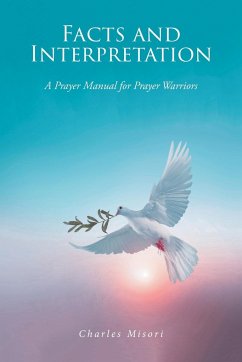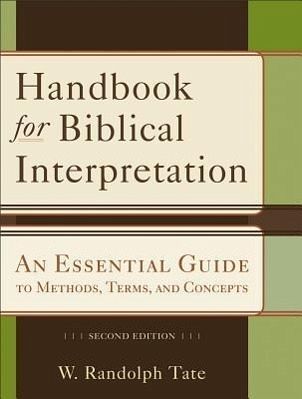
Handbook for Biblical Interpretation
An Essential Guide to Methods, Terms, and Concepts
Versandkostenfrei!
Nicht lieferbar
This handbook provides an A to Z guide to methods, terms, and concepts used by biblical interpreters. The second edition has been updated and revised to be even more useful for students. "Randolph Tate's Handbook for Biblical Interpretation is an indispensable reference for any student new to academic biblical studies. I have required the previous edition as a textbook for my biblical hermeneutics classes since its publication. Tate provides just the right amount of information for hundreds of terms that are the working vocabulary of biblical scholarship. The brief bibliographies point to the ...
This handbook provides an A to Z guide to methods, terms, and concepts used by biblical interpreters. The second edition has been updated and revised to be even more useful for students. "Randolph Tate's Handbook for Biblical Interpretation is an indispensable reference for any student new to academic biblical studies. I have required the previous edition as a textbook for my biblical hermeneutics classes since its publication. Tate provides just the right amount of information for hundreds of terms that are the working vocabulary of biblical scholarship. The brief bibliographies point to the next level of depth for students ready to investigate further. For those who have been out of seminary for several years, Tate provides longer articles to introduce recent literary and agenda criticisms. No seminarian, seminary graduate, or graduate student of Bible should be without this work." --Roger L. Hahn, Nazarene Theological Seminary "Hermeneutics has become a huge, difficult area in recent years, with a plethora of different methods, schools of thought, and divergent views on how it should be conducted. Tate's Handbook is an important resource for students and scholars who don't have time to keep up with the various movements and who find themselves confused by current shifts. It is an invaluable resource for serious biblical understanding." --Grant R. Osborne, author of The Hermeneutical Spiral Praise for the first edition "This is an extremely helpful reference tool, and Tate deserves the gratitude of scholars, students, and lay readers alike for producing it." --Steven L. McKenzie, Review of Biblical Literature "This is the most complete and up-to-date manual of biblical criticism. Very likely to be the authoritative standard resource on its subject, it is indispensable for everyone who seeks to understand why and how new types of literary criticism are developing into the leading paradigm of biblical studies. Highly recommended." --International Review of Biblical Studies "A helpful tool for beginning students as well as advanced graduates and even professors. The work is broad enough that it can be used in an array of disciplines whether they pertain to the areas of OT, NT, theology, linguistics, or philosophy of language." --Everett Berry, Journal of the Evangelical Theological Society





